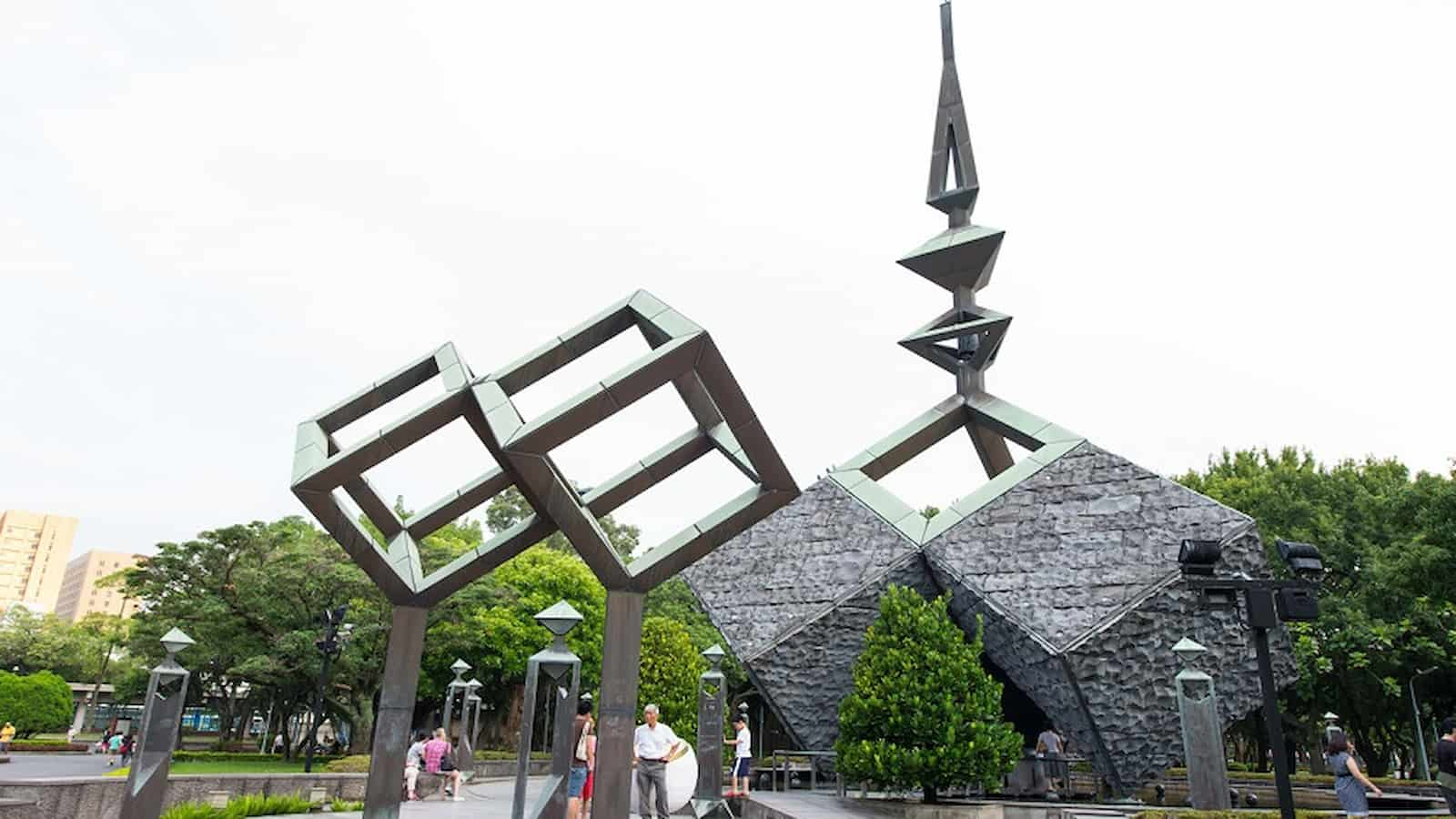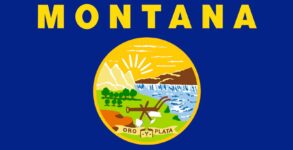228 Memorial Day 2024 (Taiwan): Taiwan annually observes 228 Memorial Day on February 28. The date “228” signifies the occurrence of an insurrection in Taiwan that resulted in the mass killing of tens of thousands of individuals. The White Terror, a period in which many more Taiwanese were murdered, imprisoned, or lost, began as a result of this massacre. Memorial Day is a day to express condolences to survivors and commemorate the victims of that dreadful era. The aforementioned occurrences are presently known as the February 28 Incident or the 228 Massacre.
Subsequently, the Taiwanese government issued a formal apology to the public for the occurrences that tragic day. The nation’s appeal for peace on this day acknowledges the enormous loss it has endured, and the day is significant in the development of a distinct Taiwanese identity. Nevertheless, the message remains not as remote as it may appear, as it transcends borders and unites all of us through the universal lens of compassion for all individuals. Taiwan annually observes Peace Memorial Day through memorial services, concerts, ceremonies, and exhibitions.
Histories of Memorial Day 228
Taiwan’s government declared February 28 to be 228 Memorial Day, also known as Peace Memorial Day.
The historical context of Peace Memorial Day is one of oppression and colonialism. Japan placed Taiwan under its dominion for fifty years in 1895, following its defeat of China in the First Sino-Japanese War. The Japanese surrender in 1945 marked the conclusion of World War II, and the Republic of China (ROC) regained administrative authority.
The Taiwanese were initially ecstatic about the conclusion of Japanese authority, but their joy was fleeting. The ROC-based Kuomintang (K.M.T.) military then began to pillage the Taiwanese. As time passed, the administration seized control of mines and factories and monopolized the production and distribution of vital commodities such as tea and paper. The economy was thrust into disarray due to the overall inefficiency and corrupt governance of the K.M.T. administration.
The sequence of occurrences that culminated in the incident on February 28 can be attributed to the post-World War II era. Taiwan was placed under the administrative jurisdiction of the People’s Republic of China upon the conclusion of the war. Before the conflict, the Japanese ruled Taiwan and saw significant economic growth.
Following that, economic arrangements were established between Taiwan and China on a provisional basis, pending the formulation of permanent resolutions. Nevertheless, the Kuomintang Party (KMT), which was at the forefront of the Taiwanese discontent with the corrupt practices and avarice of the Chinese government, quickly emerged. Chen Yi was the Governor-General at the time.
On February 27, 1947, Tobacco Monopoly Bureau agents assaulted a widow because they believed she was selling tobacco in front of a tea shop. An officer subsequently opened fire on a throng of irate bystanders, resulting in the fatality of an individual. An angry crowd of Taiwanese attended a demonstration the following morning. As the demonstration progressed from the Bureau to the office of the Governor-General, security retaliated with gunfire. Several weeks of violence ensued, which resulted in the fatalities of thousands of individuals. In addition, martial law was instituted, which initiated the “White Terror” in Taiwan.
On March 8, the K.M.T. implemented a severe retaliatory operation in response to directives from Governor-General Chen Yi. A massacre that occurred over three days during which the troops engaged in indiscriminate plunder and murder marked the start of the ‘White Terror.’
The arrival of Nationalist Army reinforcements in March of the same year prompted the Governor-General to issue an order for the apprehension and execution of every organizer of the uprising. Additionally, this caused the deaths of 3,000 to 4,000 individuals.
In the aftermath of Chen Yi’s termination and subsequent execution in 1950, monetary compensation was awarded to the bereaved families. Despite the resumption of martial law in 1987, the 228 atrocities continued to be subject to extensive censorship. Over time, citizen organizations organized rallies to eliminate the prohibition around 228. In 1995, President Lee Teng-Hui formally apologized and proclaimed February 28 as Peace Memorial Day in recognition of their efforts.
Despite the impossibility of reversing the atrocities that transpired, the Taiwanese government’s public contrition demonstrated good faith. The government enacted an act to grant monetary compensation to survivors of the atrocity.
Thermos Bottle Day 2024: FAQs, Dates, History, Activities, and Facts
National Saul Day 2024: History, FAQs, Dates, and Activities
For Pete’s Sake Day 2024 (US): Activities, History, FAQs, Dates, and Facts About English Language
FAQs on 228 Memorial Days
Taiwan as a nation-state?
Few states recognize Taiwan, which is alternatively referred to as the Republic of China (ROC). While officially classified as a province of China, the region continues to advocate for its independence.
Were the massacre’s victims granted compensation?
The victims of the atrocity are eligible for compensation by a 1995 statute.
Does Taiwan have an English-speaking population?
Mandarin is the official tongue of Taiwan, despite the widespread usage of the English language.
Does Taiwan remit Chinese taxes?
Only the Taiwanese government has the authority to tax Taiwanese citizens.
The observance of 228 Memorial Day
Learn more about the day.
Systematic censorship has resulted in a paucity of knowledge regarding the barbaric 228 Massacre within the international community. Explore a variety of Taiwanese websites, journals, and sources to gain a deeper understanding of the 38-year reign of terror, and disseminate this knowledge broadly through your connections.
Engage in a dialogue
Numerous individuals are either unaware of or have limited knowledge of the events preceding the massacre. Facilitate an open dialogue to witness the day and impart your expertise to others.
Respect those who have died.
The lost lives are not mere numerical values but rather individuals who bereaved cherished ones. Commemorate them through the creation of a post that incorporates the hashtag #228memorialday.
Five Interesting Taiwan Facts
Native Taiwanese citizens
There are only 2.3% of native Taiwanese living in Taiwan.
Musical sludge
In Taiwan, garbage trucks play music to signal the approach of residents, in the same manner as ice cream trucks do in other nations.
Sympathy hue
In Taiwan, people wear white to funerals as a symbolic representation of mortality.
Three distinct colonial powers
Three different countries have had control over Taiwan: China, the Netherlands, and Japan.
An advanced and liberal nation
Taiwan became the inaugural Asian nation to enact legislation legalizing same-sex marriage in 2019.
228 MEMORIAL DAY DATES
| Year | Date | Day |
|---|---|---|
| 2024 | February 28 | Wednesday |
| 2025 | February 28 | Friday |
| 2026 | February 28 | Saturday |
| 2027 | February 28 | Sunday |
| 2028 | February 28 | Monday |


















